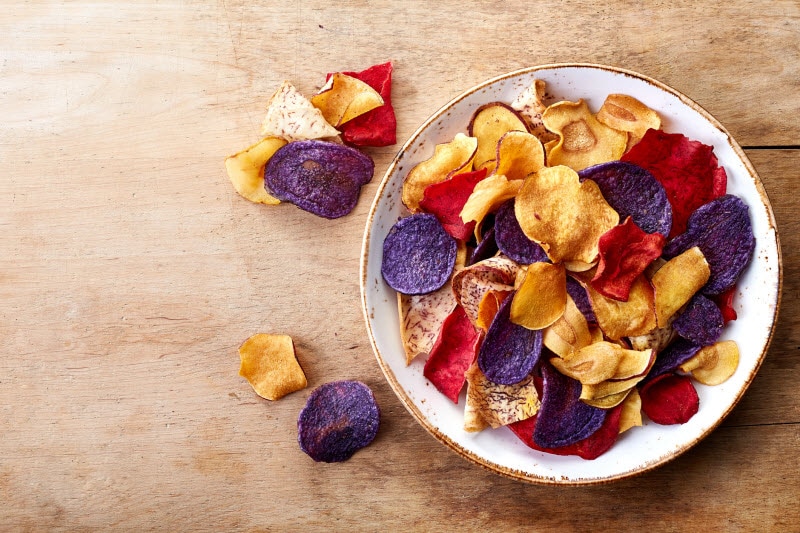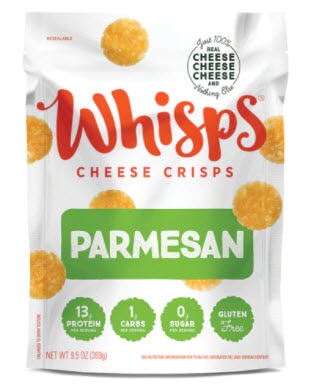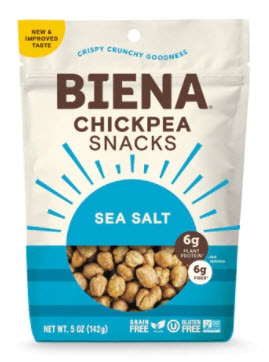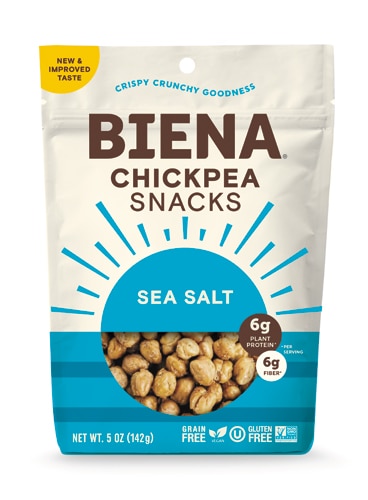It is hard to resist the pop of flavor we get from starchy
snacks. But a new study reveals a high price for that pleasure.
Eating snacks rich in white potato and other starches after a meal raises your risk of mortality by 50%, according to
research recently published in the Journal of the American Heart Association.
Your risk of death related to heart disease also soars -- by up to 57% -- after indulging in such fare.

The findings make sense to
Erin Palinski-Wade, a New Jersey-based registered dietitian and author of "Belly Fat Diet for Dummies."
"Many of these snacks are ultra-processed and rich in refined grains, added sugars, saturated fat and sodium," she says.
The result of eating such snacks is an increase in
blood sugar and insulin levels directly after eating. Over time, this can boost overall insulin resistance in the body, which Palinski-Wade says is "a driver of chronic disease."
"If you are snacking on these foods, you may be eating less overall whole foods, such as fruits and vegetables, which can further increase disease risk," she says.
Starchy snacks to avoid
In general, it is best to steer clear of any snack food that is rich in refined carbohydrates, added sugars and large amounts of saturated fat, Palinski-Wade says.
“Many chips would fall into this category, as would many sweets such as cookies,” she says.
That doesn’t mean you have to avoid such snacking 100% of the time. It is fine to treat yourself occasionally. “It is our dietary habits as a whole that impact health, not just one day,” Palinski-Wade says.
However, she also notes that every time you eat a chip or a cookie, you are crowding out the opportunity to consume foods that are good for you, such as fruits and vegetables. “That is the real concern when it comes to health,” Palinski-Wade says.
In fact, the American Heart Association study notes that eating fruits, vegetables or dairy at specific meals is linked to a reduced risk of death from cardiovascular disease, cancer or any other cause.
For example, simply switching to a
vegetable-based dinner can reduce your risk of cardiovascular disease by 23%, and your risk of death from all causes by 31%.
Better alternatives to starchy snacks
The key to snacking better is to find alternatives that satisfy you just as much starchy snacks, but that don’t have a negative impact on health, Palinski-Wade says.
“My favorite swap for a salty, crunchy snack is to reach for
pistachios,” she says. They are among the most protein-rich snack nuts. They also can help you feel fuller longer.
For sweeter treats, Palinski-Wade urges you to try to find ways to
bake cookies and muffins that are made of whole grains and that allow you to skip excessive sweetening.
“You can make sweet alternatives without the added sugar and with additional fiber to satisfy that craving while improving blood sugar and insulin response,” she says.
Other suggestions include:
This natural source of whole grain provides a good source of fiber with one-third of the calories and carbohydrates per cup compared to chips. “Season it in a variety of ways, such as adding cinnamon for a sweet topping or even sprinkling it with parmesan cheese for a more savory treat,” Palinski-Wade says.
Roasted chickpeas
This snack is rich in plant-based protein and fiber, and can be roasted to provide a delicious, crunchy snack. “You can easily
make your own in the oven or purchase premade varieties as well,” Palinski-Wade says.
Whisps
Palinski-Wade says
Whisps are a good replacement for fried potato chips. “Since it is grain-free, it can work for most diet plans from keto to gluten-free,” she says.
Featured products


 The findings make sense to Erin Palinski-Wade, a New Jersey-based registered dietitian and author of "Belly Fat Diet for Dummies."
"Many of these snacks are ultra-processed and rich in refined grains, added sugars, saturated fat and sodium," she says.
The result of eating such snacks is an increase in blood sugar and insulin levels directly after eating. Over time, this can boost overall insulin resistance in the body, which Palinski-Wade says is "a driver of chronic disease."
"If you are snacking on these foods, you may be eating less overall whole foods, such as fruits and vegetables, which can further increase disease risk," she says.
The findings make sense to Erin Palinski-Wade, a New Jersey-based registered dietitian and author of "Belly Fat Diet for Dummies."
"Many of these snacks are ultra-processed and rich in refined grains, added sugars, saturated fat and sodium," she says.
The result of eating such snacks is an increase in blood sugar and insulin levels directly after eating. Over time, this can boost overall insulin resistance in the body, which Palinski-Wade says is "a driver of chronic disease."
"If you are snacking on these foods, you may be eating less overall whole foods, such as fruits and vegetables, which can further increase disease risk," she says.





